Nestled 70 km northwest of Chengdu, Mount Qingcheng (青城山) is a UNESCO World Heritage Site revered as one of China’s four sacred Taoist mountains.
Known as the “Most Serene Place Under Heaven,” this lush sanctuary blends 2,000 years of spiritual heritage with mist-shrouded forests, making it an essential stop for travelers seeking cultural depth and natural beauty.
A Living Legacy of Taoism
Founded in 142 AD by Zhang Daoling, the first Celestial Master of Taoism, Mount Qingcheng became the birthplace of the Way of the Five Pecks of Rice, shaping Taoist philosophy globally. Its 36 peaks house 11 ancient temples, including:
- Jianfu Palace: A Tang Dynasty marvel with red-walled courtyards and centuries-old cypress trees, ideal for traditional photography.
- Tianshi Cave: Where Zhang Daoling meditated, featuring Han Dynasty murals and cliffside inscriptions.
- Shangqing Palace: Perched at the summit, this Ming-era temple offers panoramic views of the Chengdu Plain and hosts sunrise Taoist rituals.
The mountain’s Taoist legacy is further immortalized in poetry by Tang luminaries like Du Fu and modern artists such as Xu Beihong.
Nature’s Playground: Front vs. Back Mountain
Mount Qingcheng divides into two distinct zones:
1.Front Mountain:
A cultural odyssey through Taoist architecture. Don’t miss the Sanjue Stele (809 AD), blending calligraphy, prose, and history.
2.Back Mountain:
A hiker’s paradise with emerald streams, waterfalls like Feishui Gully, and trails through Tai’an Ancient Town’s Qing Dynasty stilt houses.
Pro Tip: For solitude, hike the Back Mountain’s 14-km loop at dawn to spot wild cherry blossoms and hear cascading springs.
Experiences Beyond Temples
- Nighttime AR Illuminations: Since 2023, projections animate cliff walls with scenes from Taoist legends and the Three Kingdoms.
- Sichuan Opera at Yue Lai Teahouse: Witness face-changing (Bian Lian) performances paired with jasmine tea.
- Seasonal Highlights: March cherry blossoms, autumn maple foliage, and winter’s misty tranquility.
Practical Travel Guide
- Best Time to Visit: Spring (March–May) and autumn (September–November) for mild weather.
- Transport: High-speed train from Chengdu’s Xipu Station (30 mins, ¥10), then bus to the entrance. Drivers can park at Tai’an Ancient Town.
- Tickets: Front Mountain ¥80, Back Mountain ¥20 (student discounts available).
- Essentials: Non-slip shoes for mossy trails, a light jacket for cooler altitudes, and mosquito repellent.
Nearby Gems
- Dujiangyan Irrigation System: A 30-min drive to this 2,300-year-old engineering wonder.
- Chengdu Panda Base: Meet giant pandas en route to/from Chengdu.

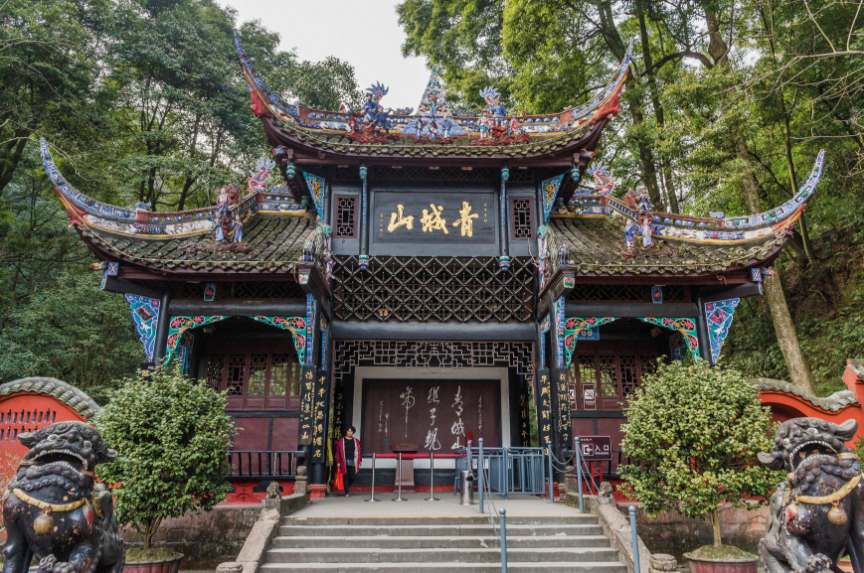
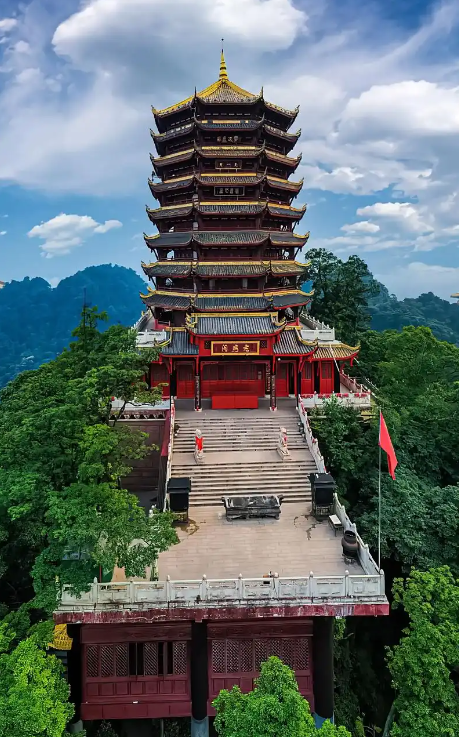
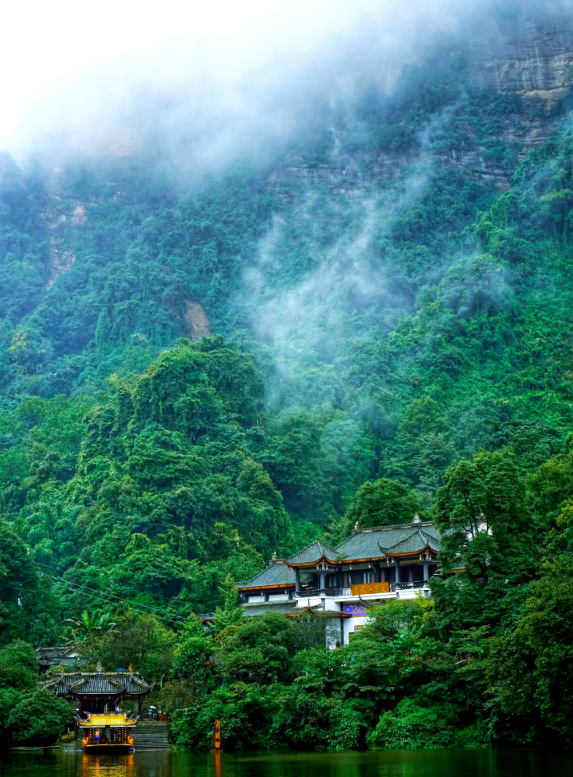
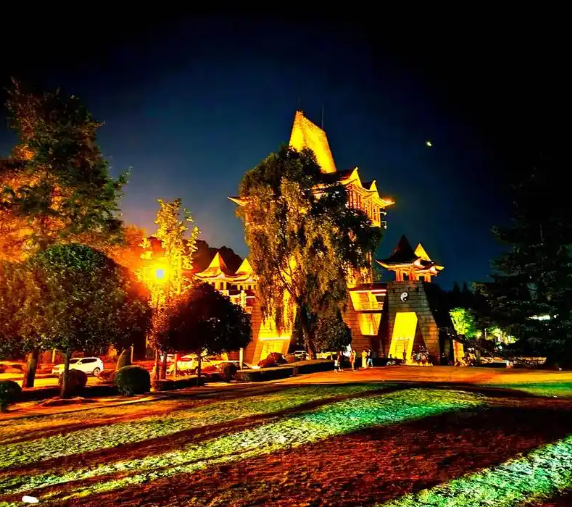
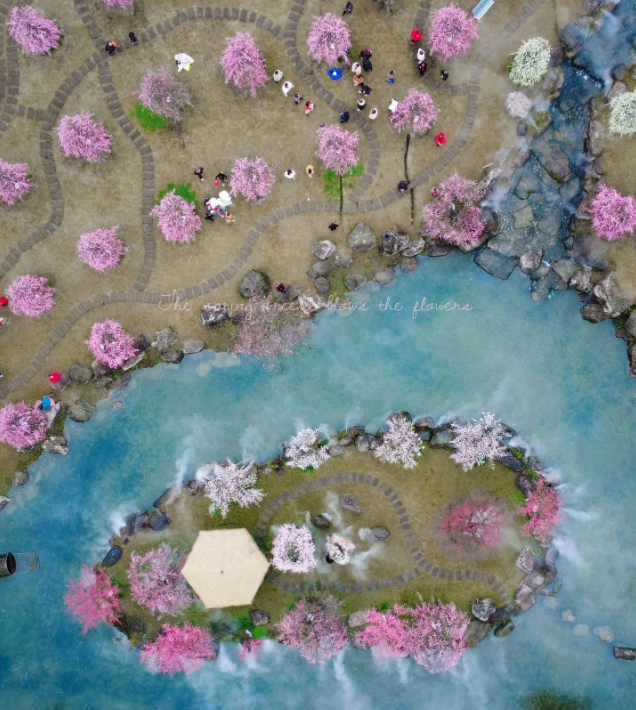






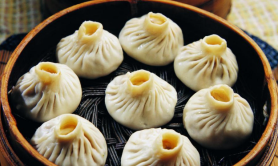






No comments yet